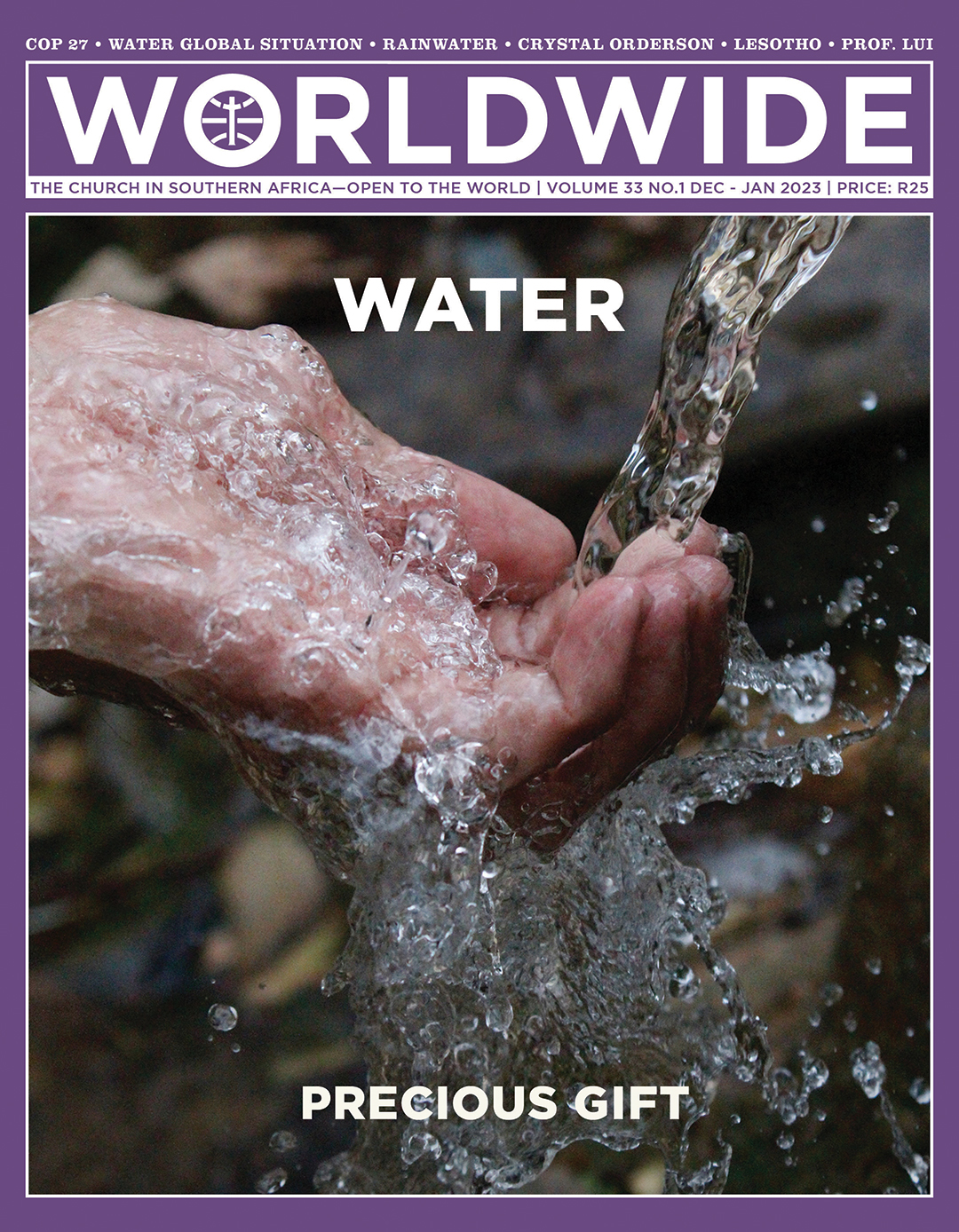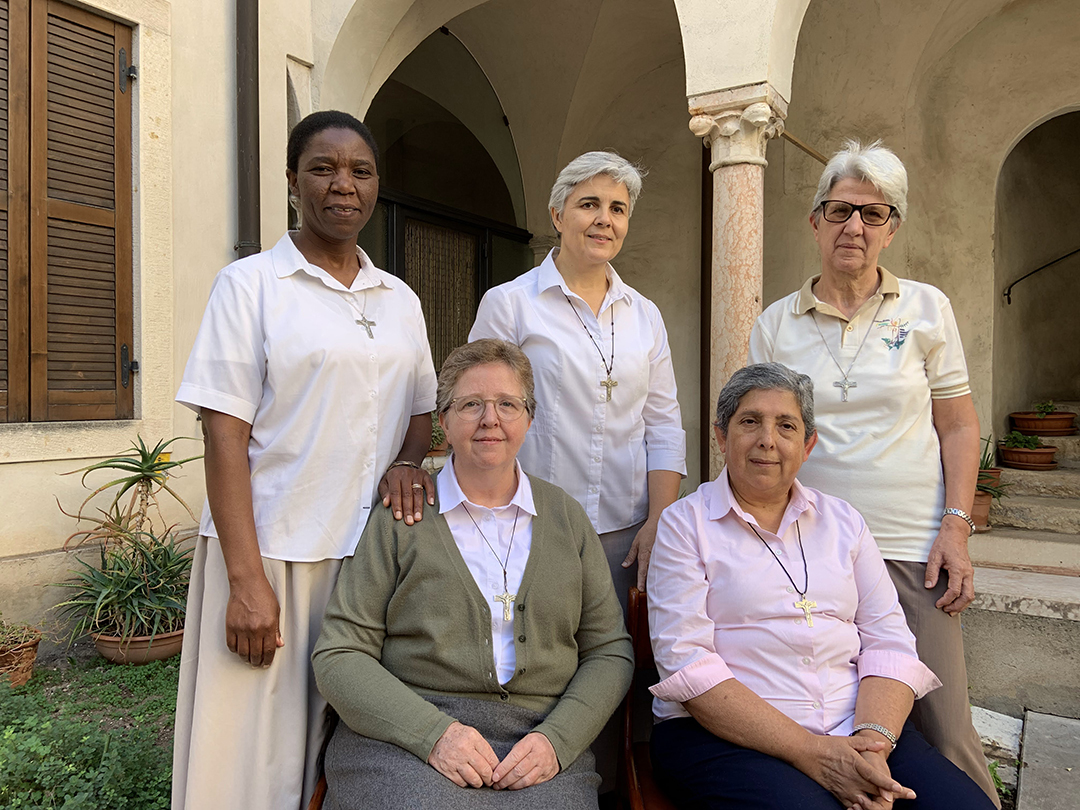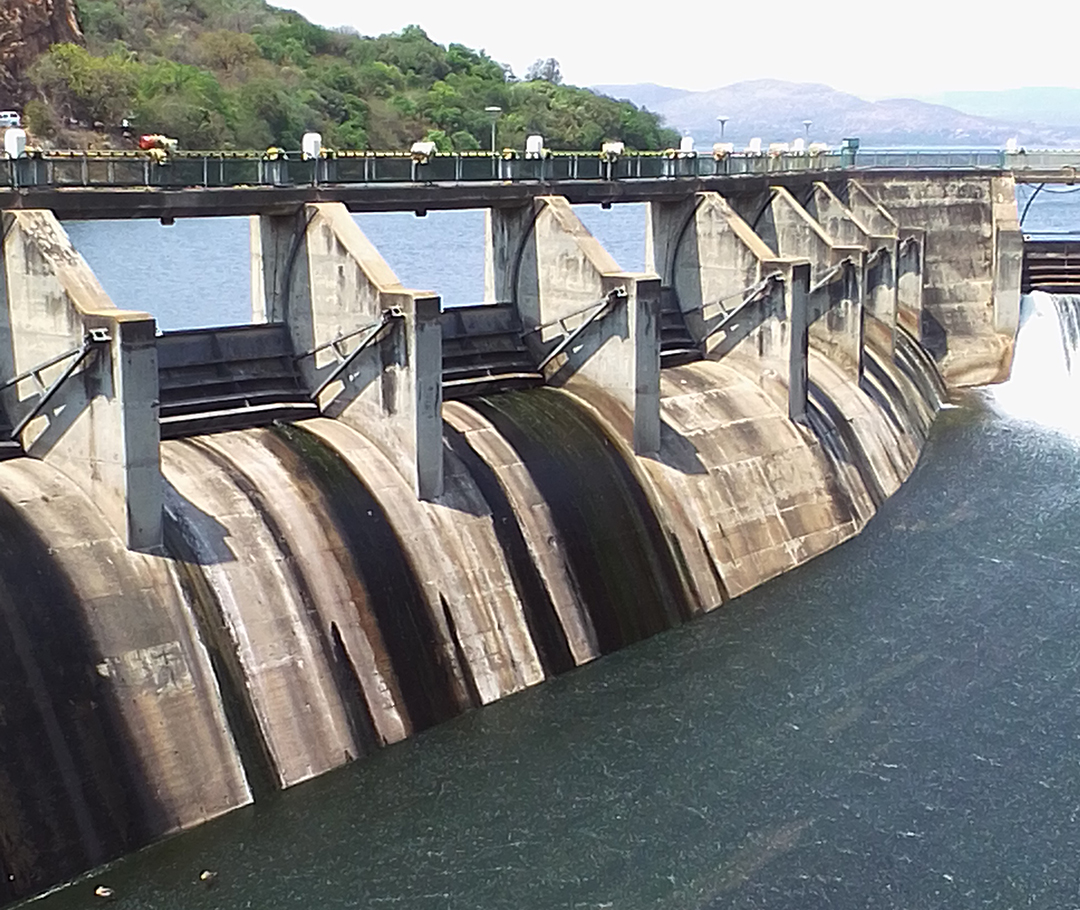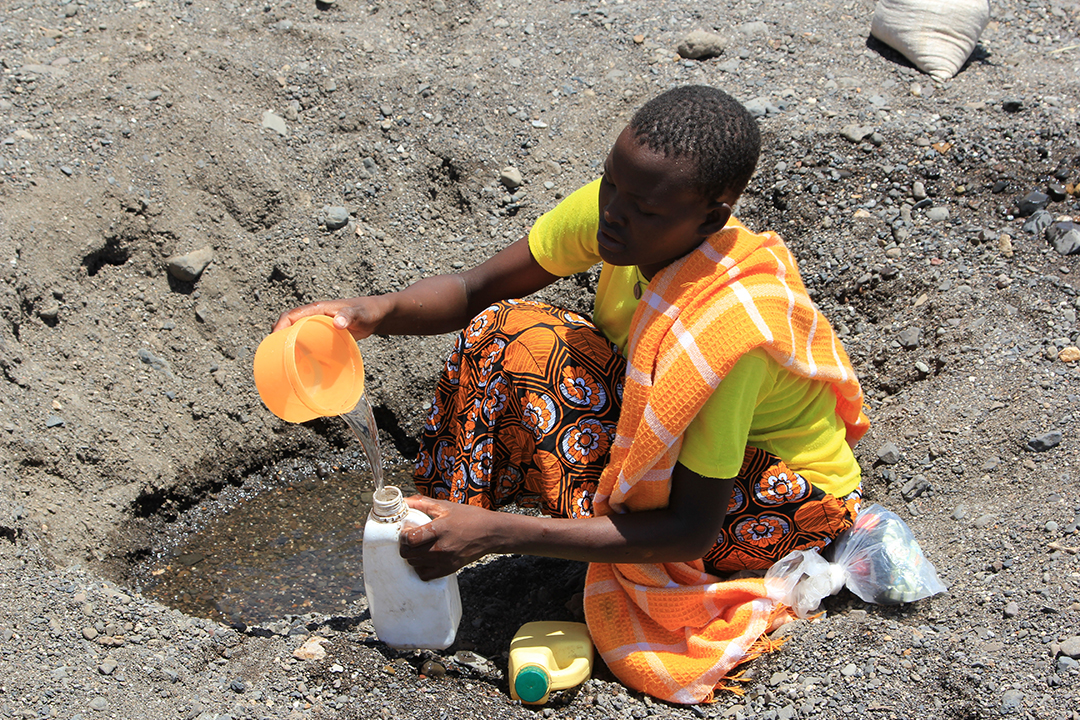RADAR • FLOODS
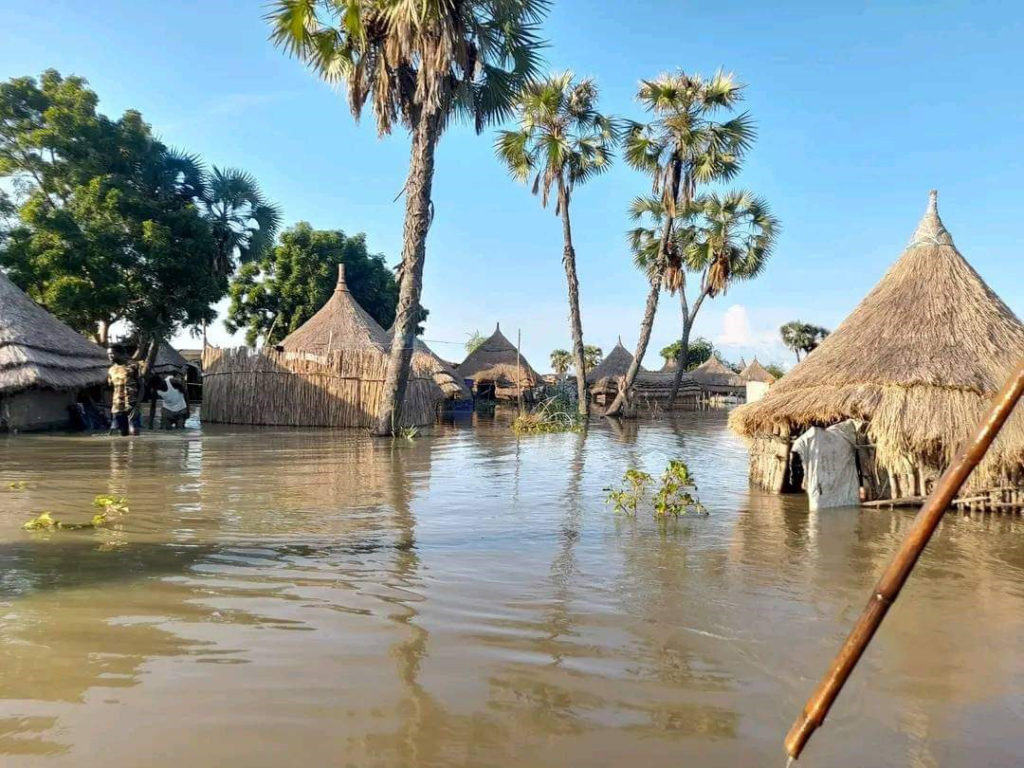
Floods in South Sudan and the effects of climate change
BY Simon Yomkuey MCCJ | Pietermaritzburg
UNITY STATE of the Western Upper Nile region in the northern part of South Sudan has experienced floods over the past three years. The area was already badly affected by floods in 1964 and now it has occurred again. According to the 2008 Sudan Census, the state had a population of 585 801 inhabitants, while in 2017 the South Sudan National Bureau of Statistics estimated a population of 875 313. Unity State consists of seven counties and it covers an area of 37 837 km2. It is the greatest oil production region in the country. According to United Nations High Commissioner for Refugees (UNHCR) spokesperson, Boris Cheshirkov, during a press briefing at the Palais des Nations in Geneva on 21 October 2022, “460 000 people have already been displaced by both flooding and conflict. People are working around the clock with pumps, buckets, excavators, and heavy machinery to keep the water at bay and prevent the dyke, a barrier that protects the area, from collapsing.”
According to South Sudan Broadcasting Corporation (SSBC), Mr Gatwech Dual from Unity State said: “Unity State has been hit by a massive flood where thousands of people have been forced to flee their homes. The flooding continues to undermine the dyke, creating a threat to the Internally Displaced People (IDPs)”.
“Bentiu, the capital of the State, has been cut off from the domestic roads which connect the different counties. This situation has increased the price of commodities for the local residents. The State Minister of local government, Mr William Dak, made a call upon volunteers and the national government to assist with rescuing people.”
People are working around the clock to keep the water at bay and prevent the dyke, that protects the area, from collapsing
During the fundraising held in Juba, the capital of South Sudan, on 22 October 2022, the country’s first Vice President, Dr Riek Machar said: “Unity state has been suffering floods for the last three years and this year is the worst. If floods have a cycle of five years, we expect that the floods will happen again next year. The Nile receives water through Unity State. River Jebel and El Ghazal River run through Unity State as well as many other rivers between El Jebel and El Ghazal, west of the Nile”.
“The world must know about this situation and assist. All the rivers are silted up so the water spreads out, making small streams and creating floods in the area. The roads are two metres under water, and in 5% of them, only boats can pass. This is a difficult situation. The state authority reported that the water has risen by 8.3 metres. Now the question remains: what do the people need?”
“We are appealing to the rest of the world for earth-moving equipment, to build dykes and install pumps to diminish the water that breaks the dykes. Unity state is in serious need of dykes since clinics and schools are under water. Building materials are also important for those who flee to areas of dry land before the water reaches them, so that clinics and schools can be erected there. We need more tents so that, if the situation worsens, the displaced people can take them along. We call on the International community to assist us. When animals such as cows, goats, sheep and others remain in the water for long periods and are not vaccinated, they die. We need veterinarians, medicines and drugs to treat the animals”.
“Children also need to be vaccinated since the environment is unhealthy due to the congestion of people, bringing various diseases. The oil fields are under water, and oil production is highly affected. The oil companies must be informed and intervene with solutions. I have invited all the county chiefs of Unity State to identify the streams flooding their territories and the rivers which run through each county so that it can help us to plan”.

